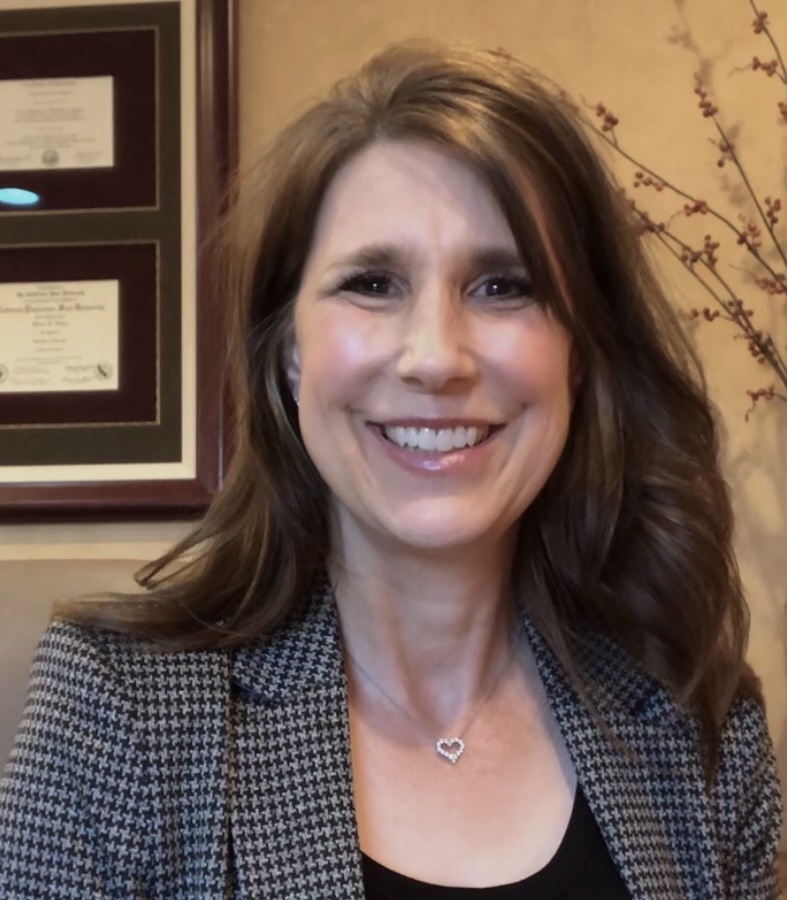Most people know by the end of the first session if they feel some kind of fit with the therapist and if the therapist seems to have expert knowledge that will help them. This kind of information should be clear to you by the end of the second or third session. In general, this is an area where you should trust your intuition as the consumer.
An experienced therapist with a strong training background should be able to tell you the frequency of meetings that they think will be optimal for you, and the approximate timeframe for treatment. Different problems take different amounts of time to fix or improve, and this is reflected in the research literature. You should feel empowered to ask your therapist what the latest behavioral science says about your particular problems and the best research-based treatments for them. Your therapist should be able to provide you clear and concise answers about this, and if they don’t know something, they should be willing to research it and get back with you.
This is an example of a something I might say at the end of the first or second session with someone:
“We will probably get your acute symptoms of depression under better control by meeting weekly for 2 to 3 months. Your panic symptoms can probably be substantially improved within 4-6 weeks. This will go fastest if you do out-of-session homework exercises that I will provide you. Because you have been depressed off and on for a long time, we may want to consider medication through your primary care doctor to get things jumpstarted. To dig down into your past learning history and make deeper changes that will make it so you are less likely to become depressed in the future, or have shallower episodes when you do, will take us more of a 6-12 month timeframe.
People want different things out of therapy. Some want immediate symptom remission, and others are looking for a more comprehensive overhaul that may inoculate against future episodes. You will decide at each stage of the process what you would like to do next, and how long you would like to continue in treatment. My job is to pay attention to your emotions, the things you say and how you say them, and nonverbal cues such as your facial expressions. I will float a lot of different ideas and observations by you. Some will hit the mark and others will go wide, but in a relatively short period of time, we will develop a picture of the things you need to work on about yourself and your relationships to improve your mood. This is collaborative process. You are the expert on you, and I am an outside consultant.”
The research would suggest that, when looking at studies of therapy effectiveness across many different therapists, symptoms, patients, and empirically-based treatment modalities, a 50-70% rate of improvement is a reasonable expectation for most of the conditions that prompt a person to seek therapy in a private-practice community setting. However, these numbers can be deceiving, because in treatment research, some people get completely better, whereas others never finish the study they are in, so real life numbers for people who come to therapy and stay with the process, are likely higher. Based on my own practice history, I aim for 70-90% improvement in my patients.
Brooks, J. A., Shablack, H., Gendron, M., Satpute, A. N., Parrish, M. H., Lindquist, L. A., (2017). The Role of Language in the Experience and Perception of Emotion: A Neuroimaging Meta-Analysis. Social, Cognitive, and Affective Neuroscience, 12, 169-183. https://doi.org/10.1093/scan/nsw121
Carpenter, J. K., Andrews, L. A., Witcraft, S. M., Powers, M. B., Smits, J. A., Hofmann, S. G. (2018). Cognitive Behavioral Therapy for Anxiety and Related Disorders: A Meta-Analysis of Random Placebo-Controlled Trials. Depression and Anxiety, 35, 502-514. https://doi.org/10.1002/da.22728
Champion, L., Power, M. J. (2012). Interpersonal Psychotherapy for Eating Disorders. Clinical Psychology and Psychotherapy, 19, 150-158. https://doi.org/10.1002/cpp.1780
Cuijpers, P., Geraedts, A. S., van Oppen, P., Andersson, G., Markowitz, J. C., van Stratton, A. (2011). Interpersonal Psychotherapy for Depression: A Meta-Analysis. American Journal of Psychiatry, 168, 581-592. https://doi.org/10.1176/appi.ajp.2010.10101411
Hoffman, S. G., Asnaani, A., Vonk, I. J. J., Sawyer, A. T., Fang. A. (2012). The Efficacy of Cognitive Behavioral Therapy: A Review of Meta-Analyses. Cognitive Therapy Research, 36, 427-440. https://doi.org/10.1007/s10608-012-9476-1
Murphy, R., Straebler, S.,Cooper, Z., Fairburn, C. G., (2010). Cognitive Behavioral Therapy for Eating Disorders. The Psychiatric Clinics of North America, 33, 611-627. https://doi.org/10.1016/j.psc.2010.04.004
Shedler, J. (2010). The Efficacy of Psychodynamic Psychtherapy. American Psychologist, 65, 98-109. https://doi.org/10.1037/a0018378




